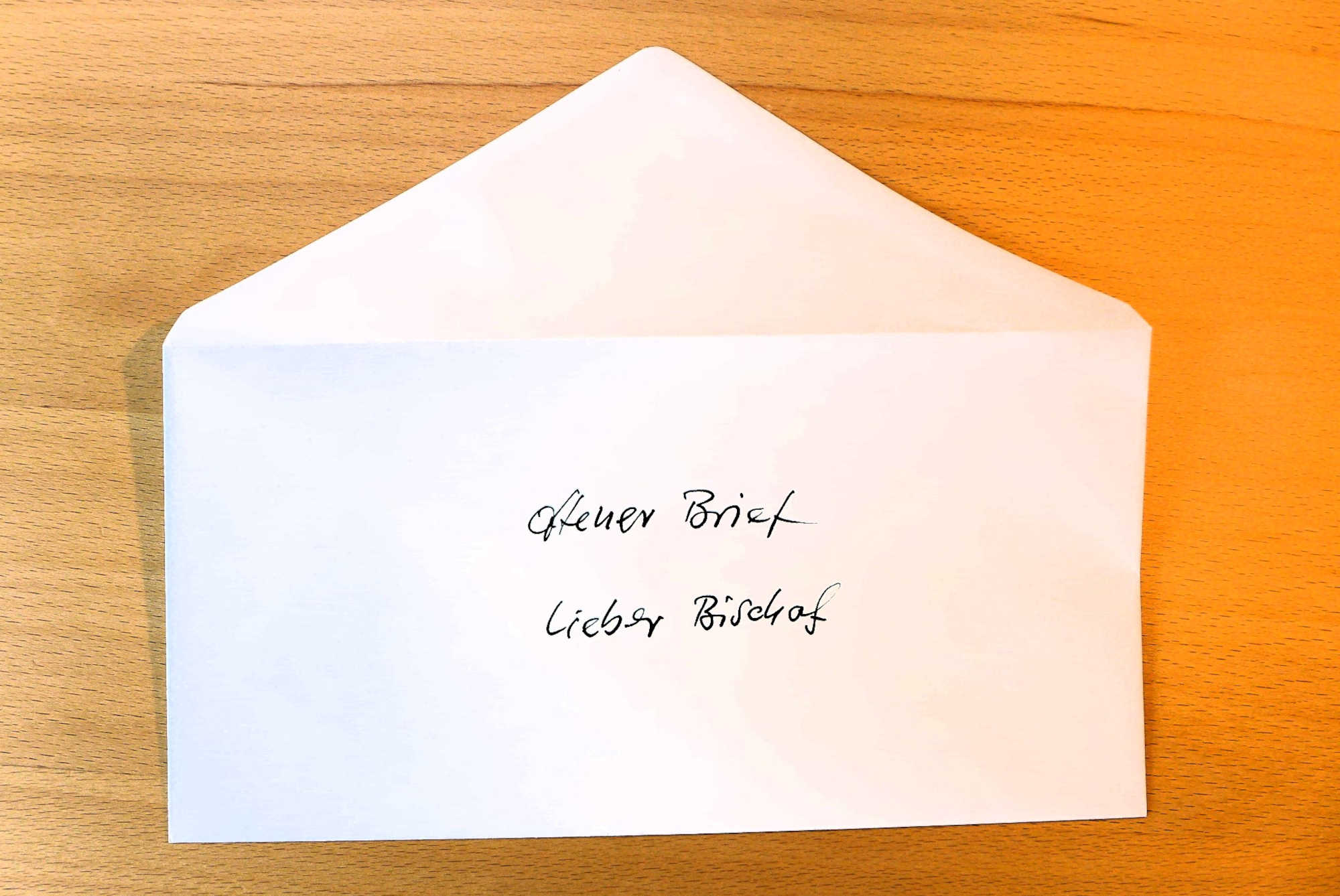Dear Bishops!
Our faith community and you as leaders are facing great challenges. The faithful in Germany are breaking away from you. Scientific theology is shaking the foundations of the Church’s faith and the world is changing rapidly in the age of communication, constantly presenting the Church with new tasks.
Reform efforts are constantly coming to a standstill because you orientate yourselves on the truths of faith that have been handed down and revealed to you and cannot abandon this deposit of faith. Some accuse you of striving for power, but I do not. I take you at your word and vow that you are sincere about the truths of faith that you proclaim.
We must fundamentally ask how we come to knowledge – especially knowledge about our revealed faith.
But if we want to arrive at a solution that is acceptable to everyone, we have to dig deep enough, even deeper than faith, tradition and scripture. We must ask how we come to knowledge in general. How do we humans recognise things? This is where constructivism can provide clarity.
The question of how we recognise something has already been pursued by ancient philosophers, who came to astonishing conclusions, just like neuroscience today. And the question of cognition comes to a head with Socrates when he says: I know that I do not know. Constructivism explores precisely this question of how we recognise something and then believe it to be true.
I don’t want to deliver a scientific treatise on constructivism here, but rather use very simple examples to show how our constructivist cognition works and how it influences our thoughts and actions. But if you follow my train of thought and do not recognise any serious errors in it, you will then have the opportunity to sift through the beliefs and traditions you defend and distinguish human constructs from divine truth. You then have the duty to name all human constructs that hinder the development of the Church and to label them as no longer relevant to the core of our faith. Then, in all the freedom given to us in Christ, you can begin to rethink and initiate all the necessary reforms regarding our faith. Give yourself permission to think anew – metanoia! Do not be discouraged from thinking freely about the faith and expressing yourself accordingly. Be honest about what is at the core of your faith and what is not.
I hope that this writing, which is certainly not perfect, will encourage you to find even greater freedom for yourself in order to strengthen the Church and thus the Kingdom of God so that it can fulfil its service to humanity as a mature and awakened Church for many thousands of years to come.
Yours, Karl-Heinz Simsheuser

Leave a Reply